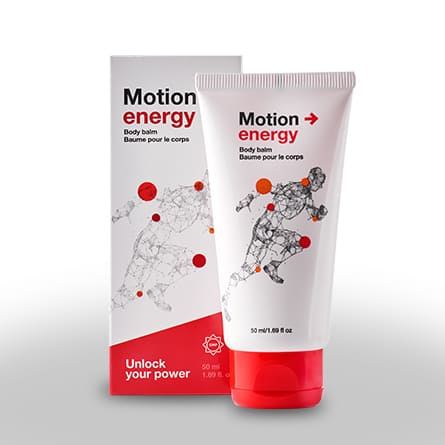Managing Anxiety and Stress: Practical Strategies for a Calmer You
Imagine this: It’s your daughter’s school play. You’re bursting with pride, but your heart is racing, your palms are sweaty, and you feel a knot of tension in your stomach. This isn’t just excitement; it’s anxiety. Many of us experience moments like this, where stress and anxiety threaten to overwhelm us. But what if you could learn to manage these feelings effectively, turning moments of panic into manageable challenges?
Understanding Anxiety and Stress: Beyond the Jitters
Anxiety and stress are normal human responses. A little anxiety can even be beneficial, motivating us to perform well under pressure. However, when these feelings become excessive, persistent, and interfere with daily life, they can significantly impact your well-being. Stress is a reaction to pressure, while anxiety is often characterized by excessive worry, fear, and nervousness about the future. The symptoms can vary but often include:
- Rapid heartbeat
- Shortness of breath
- Muscle tension
- Difficulty concentrating
- Irritability
- Sleep disturbances
According to the Anxiety & Depression Association of America (ADAA), anxiety disorders are the most common mental illness in the U.S., affecting 40 million adults age 18 and older.[1] The National Institute of Mental Health (NIMH) highlights the significant impact of stress on physical and mental health, linking it to various conditions, including heart disease and depression.[2]
Coping Mechanisms: Practical Strategies for Anxiety Relief
Managing anxiety and stress requires a multifaceted approach. There’s no one-size-fits-all solution, but these strategies can make a significant difference:
Mindfulness and Meditation: Finding Your Inner Calm
Mindfulness practices, such as meditation, help you focus on the present moment, reducing overthinking about the past or future. Even a few minutes of daily meditation can significantly reduce anxiety levels. Try guided meditations readily available through apps like Calm or Headspace.
Regular Exercise: The Natural Mood Booster
Physical activity releases endorphins, natural mood boosters that combat stress and anxiety. Aim for at least 30 minutes of moderate-intensity exercise most days of the week. Find activities you enjoy – whether it’s walking, swimming, or dancing – to make it sustainable.
Healthy Diet and Sleep Hygiene: Fueling Your Well-being
A balanced diet and sufficient sleep are crucial for mental health. Avoid excessive caffeine and alcohol, which can exacerbate anxiety. Establish a regular sleep schedule and create a relaxing bedtime routine to improve sleep quality.
The Unspoken Truths of Anxiety and Stress
Debunking Common Myths: What You Should Know
Many misconceptions surround anxiety and stress. One common myth is that you can simply “snap out of it.” Anxiety and stress are often rooted in complex biological and psychological factors, requiring a more nuanced approach than mere willpower.
Another misconception is that seeking professional help is a sign of weakness. In reality, it’s a sign of strength to acknowledge you need support and actively seek help to improve your well-being.
Sarah’s Story: A Realistic Look at Anxiety Management
Sarah, a busy working mother, struggled with overwhelming anxiety. She felt constantly stressed, struggling to keep up with work deadlines and family responsibilities. She tried ignoring her anxiety, but it only worsened, affecting her sleep and relationships. After seeking professional help, including therapy and mindfulness exercises, Sarah learned to manage her anxiety, leading to a significant improvement in her overall well-being.
Frequently Asked Questions (FAQs)
- Q: How do I know if I have an anxiety disorder? A: If your anxiety is persistent, excessive, interferes with daily life, and causes significant distress, you should seek professional evaluation.
- Q: What type of professional should I see? A: A therapist, counselor, or psychiatrist can provide assessment and treatment for anxiety disorders.
- Q: Are there medications for anxiety? A: Yes, several medications can help manage anxiety symptoms, but they should be used under the guidance of a healthcare professional.
Your Journey to Calm: A Final Note
Managing anxiety and stress is a journey, not a destination. Be patient with yourself, celebrate small victories, and remember that seeking support is a sign of strength, not weakness. Start implementing the strategies mentioned above, and don’t hesitate to reach out to a mental health professional if you need additional guidance. You deserve to live a life free from the overwhelming grip of anxiety and stress.
Call to Action: Take a small step today towards better mental well-being. Try a short meditation session, go for a walk, or schedule a consultation with a mental health professional. Your journey to a calmer, more balanced life begins now.




